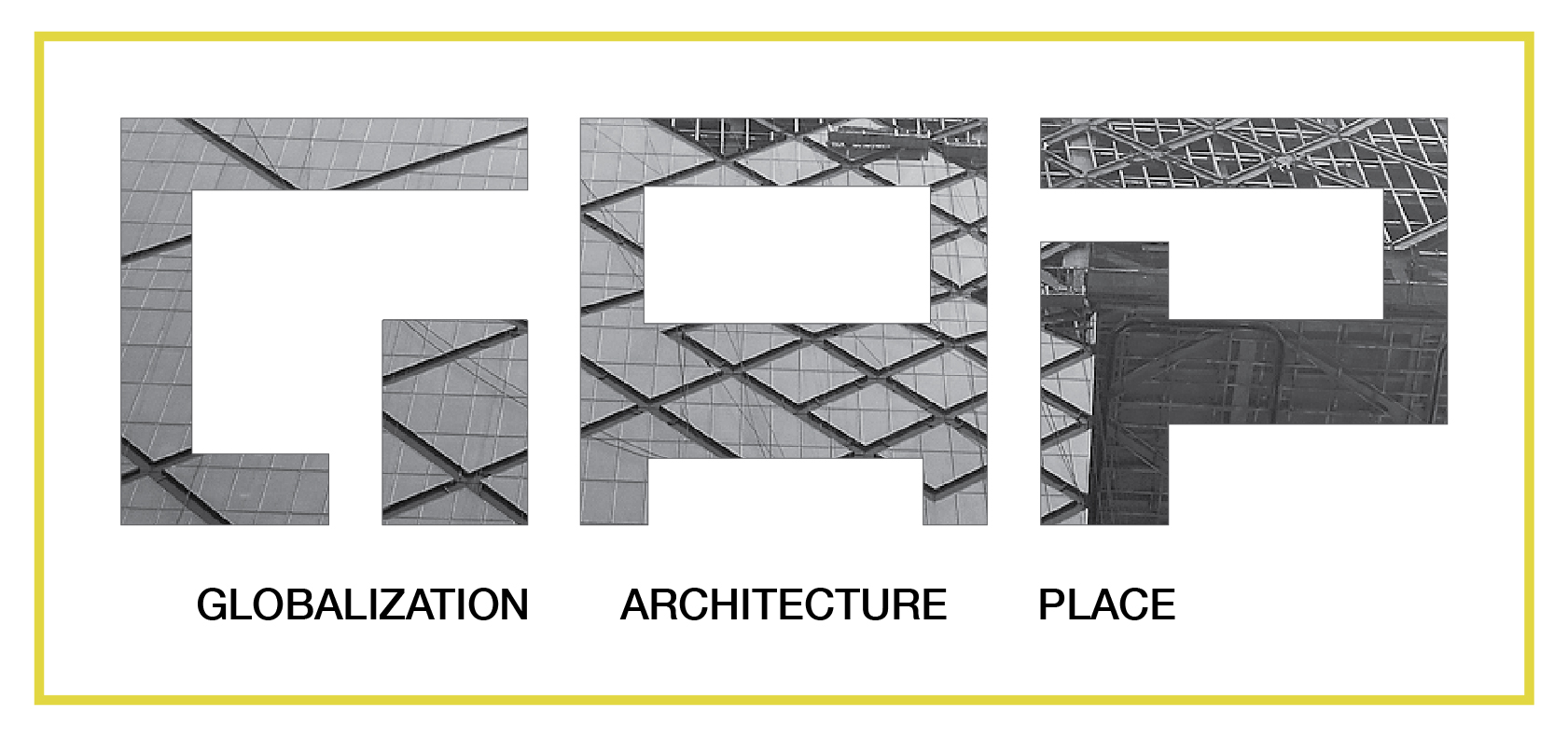Sustainability: Ethics or Technology?
I am not interested in how much environmental degradation is sufficient to cause the end of nature. Nor am I interested in assessing which of the many models predicting the effects of global warming is likely to be correct. And since I lack the comic genius of Peter Sellers my purpose is not to deliver a strong dose of denial-defeating humor. Rather, I will consider what may lie behind the disquieting idea, or feeling, that anthropogenic global warming might as well be the very end of nature. To do so, I consider different conceptions of nature and ways of valuing terrestrial environments in light of two veins in environmental ethics: deep ecology and environmental pragmatism.
— Allen Thompson, “Responsibility for The End Of Nature: Or, How I Learned to Stop Worrying And Love Global Warming”
Though the recent emergence of “green” practices and technology is positive, architecture’s faith in technology overcoming all obstacles with more technology has not been questioned thoroughly. Until this occurs, sustainable practices will remain surface endeavors and sustainability will not truly change architectural convention. Architects must re envision technology as a revelatory process for gaining authentic insight, akin to the ancient Greek concept of techne. By re examining this concept, the attitude necessary for a shift from envisioning the environment solely in terms of its being utilizable resources for technological advancement to its having inherent value to our existence can manifest. The rediscovery of techne as a revelatory epistemological process can temper modern technology’s propensity to dominate allowing a truly sustainable attitude towards the environment to emerge.
In addition, before “sustainability” can truly transform the process of architectural design and building construction, the discipline must change its conception that the solution to the current crisis will be solely technologically based. Foremost, it is an ethical issue entailing a shift in how the Human/Nature relationship is envisioned. This investigation then will focus on how ethical reflection must play a central role in the development of a truly sustainable design process and will be undertaken in three parts: 1) The necessity of ethical reflection in dismantling internally coherent design processes based on a detached linear logic, 2) properly defining our relationship to technology as a process of revelatory knowledge and 3) how this ethically based change of attitude can transform our relationship to the environment. Only then can environmentally responsible strategies integrating technology and ecology be formulated.
